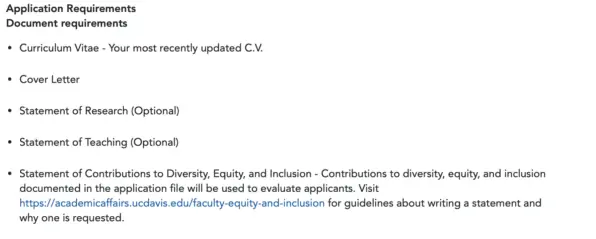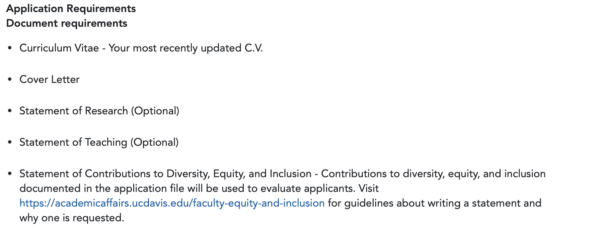When selecting a healthcare professional to help in the fight for your life, what holds greater significance for you? Extensive research background and surgical expertise or the surgeon’s commitment to Diversity, Equity, and Inclusion (DEI)?
It seems that for UC Davis, the priority lies in contributions to DEI.
At UC Davis, completing four years of medical school and a demanding residency dedicated to saving lives isn’t sufficient to become a surgeon.
As reported by The College Fix, applicants for surgical oncologist positions must also provide a “Statement of Contributions to Diversity, Equity, and Inclusion” to be eligible for employment.
As per the job listing, “Contributions to diversity, equity, and inclusion documented in the application file will be used to evaluate applicants.”
Further, the University policy requires all faculty applicants to “submit a statement about their past, present, and future contributions to promoting equity, inclusion, and diversity in their professional careers,” yet both a “Statement of Teaching” and a “Statement of Research” are listed as optional.
LOOK:

As reported by The College Fix:
A former associate dean at the University of Pennsylvania Medical School criticized the requirement.
“The key to being a good surgical oncologist is having vast knowledge about how to treat cancer,” Dr. Stanley Goldfarb, chairman of Do No Harm, told The Fix via a media statement.
“That and a strong ethical sense should be the only requirements,” he said. “A surgical oncologist’s political ideas are irrelevant to his or her ability to treat patients.”
“There is no evidence that DEI adherence does anything to improve medical care,” he said. “There is a great deal of concern that adherence to DEI lead to divisiveness and mistrust on the part of patients.”
Share your thoughts by scrolling down to leave a comment.

